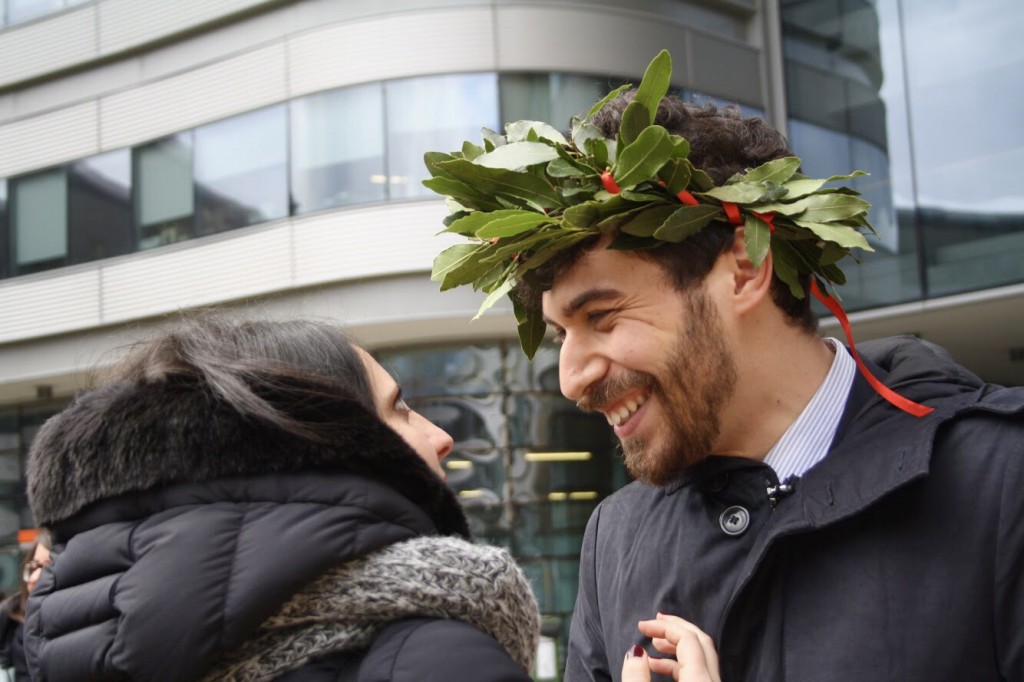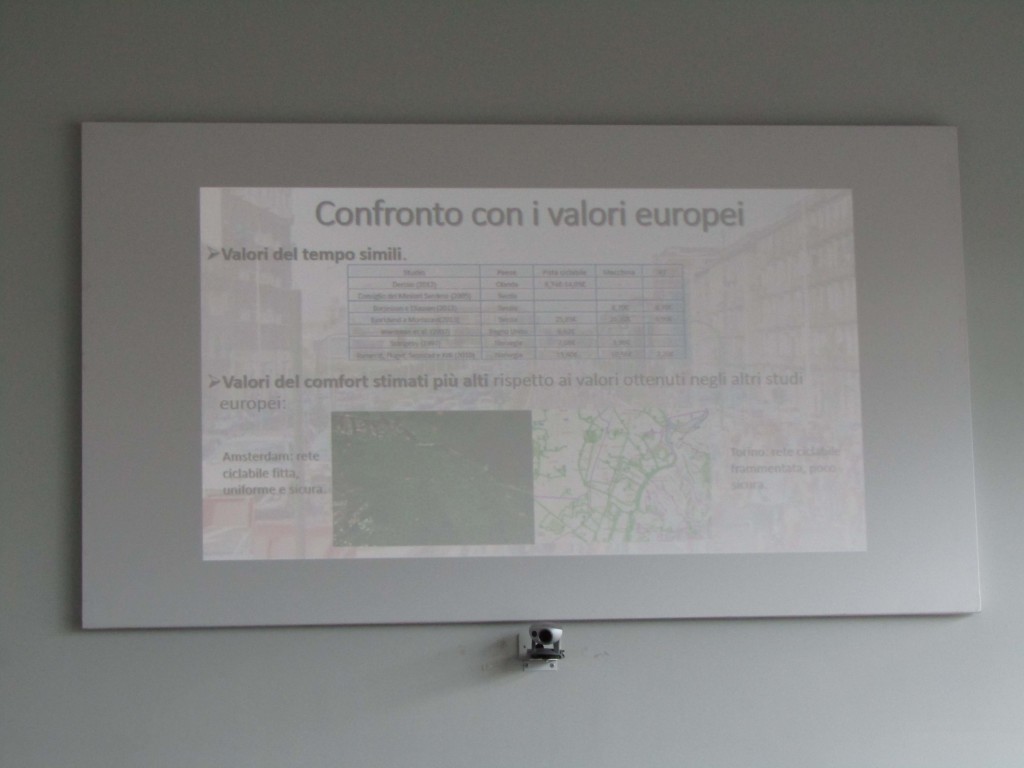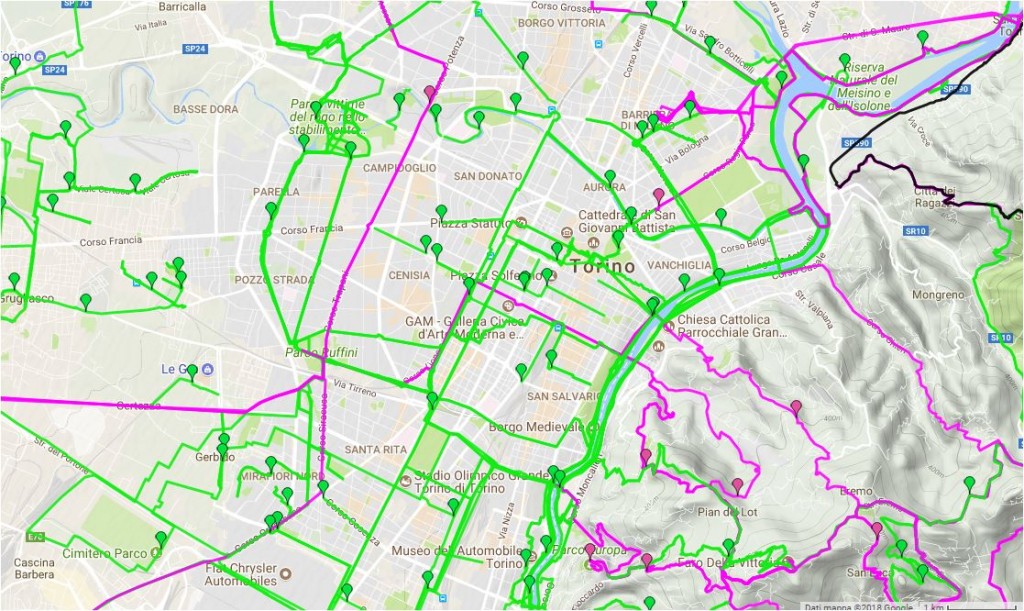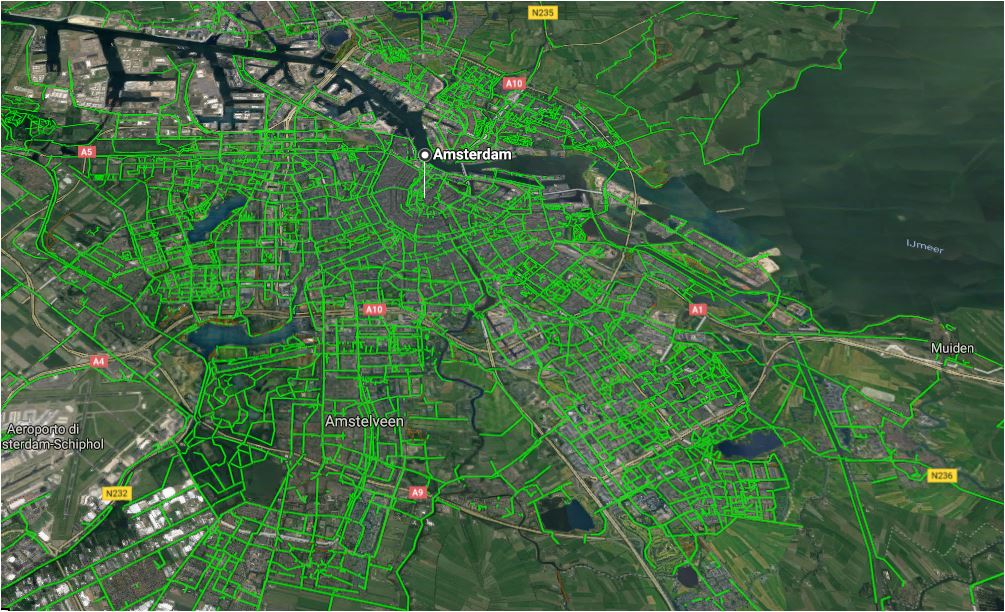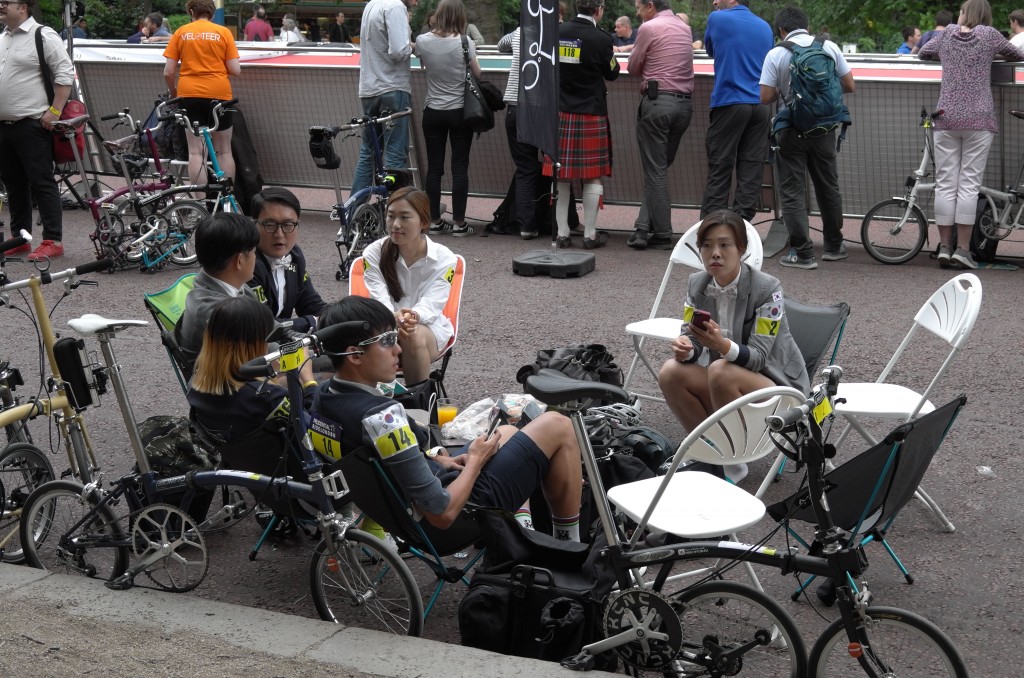Simone Conte is a new graduate in Economics, Environment, Culture and Territory who joins Team Scatol8, on the occasion of the BWC 2018 TORINO. Adds a passion for sustainable mobility and, in particular, for the bicycle to a solid academic preparation: two factors that qualify him perfectly for joining our team!
Simone, how did you get interested in the theme of sustainable mobility?
I’ve always been a bicycle lover, both as a means of transport and for sporting reasons. In
September 2015 I began my studies at the Luigi Einaudi Campus, enrolling in the Master’s Degree in Economics of the environment, culture and territory. From the first day of attendance, I faced a problem of a practical nature and not negligible importance: how to reach the Campus from my home, located in Grugliasco, in the first belt of the west of Turin?
The options came immediately to mind, were, of course, cars and public transport (bus and subway), but both then discarded: the first, because expensive from an economic and temporal point of view and especially as a source of pollution; the second, due to the excessive travel time to reach the University due to the traffic present at peak times.
Eager to find a valid alternative, I inquired about the bike sharing service offered by the City of Turin, which almost entirely covers the City and most of the municipalities of the first belt and decided to subscribe; from that moment on, I became interested in everything related to sustainable mobility, discovering an excellent and efficient means of transport: the bicycle.
Sustainable mobility is also the topic of your master thesis, isn’t it?
Yes, exactly, in particular the title of my thesis is "the value of time and comfort for cyclists in the metropolitan area of Turin. I chose this theme because the importance of evaluating the value of time continues to grow more and more over the years, both from a theoretical and a practical point of view. The value of time is of the utmost importance in studies, engineering, economics and policies concerning the transport sector. This value incorporates not only the actual travel time, but also the type of journey, for example safe cycle path (illuminated and / or well marked cycle path) or unsafe (for example with poor road surface), waiting time for public transport, parking costs and other variables such as security. This type of study is very common in Northern Europe (Sweden, Norway and the Netherlands) and is funded by the governments themselves; in Italy, however, they are little used or completely absent.
Which case study did you use in your thesis?
To achieve the objective of the thesis I gave questionnaires, through an experiment of choice, in
which the respondents had to choose, in a hypothetical scenario, between four transport alternatives (automobile, public transport, bicycle on a safe cycle path and bicycle on an unsafe cycle path) characterized by hypothetical travel times and costs, chosen starting from real values (for an average displacement of 5 km) and assuming in the future transport policies focused on disincentive use of private vehicles towards more sustainable transport.
And what results did you get? Compared to other European countries?
The results obtained are extremely important, especially with regard to the value of comfort, which is significantly higher than the European values; this indicates that in Italy the cycle paths
are often insecure and not connected to each other.
With these images I wanted to compare the cycle network of Turin with that of Amsterdam: that
of our city is very fragmented, giving a feeling of little security to cyclists, while that of the Dutch
city is dense and full of connections.
How will your experience in the BWC of Turin affect your experience?
In addition to analyzing the economic and environmental impact of the event, in the team led by Prof. Beltramo we will try to understand what are the daily habits related to the mobility of participants in the event on Sunday 6 May. It will be interesting to understand how many people present at the event as they have reached Turin, if they actually use the bicycle even in daily journeys, what pushed them to use the bicycle as a means of transport, if they also use other means of transport (intermodality) . Then from the data obtained it will be interesting to make an analysis to see the state of sustainable mobility in our cities, because cycling is good for the environment, economy and health. Good cycling to everyone !!

